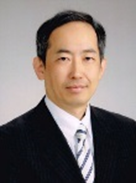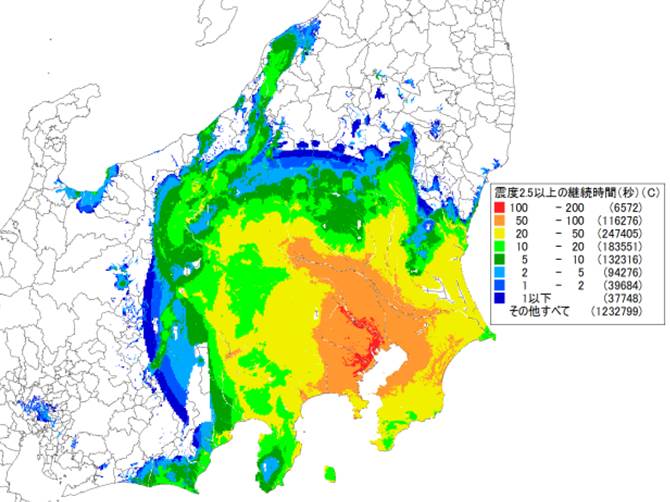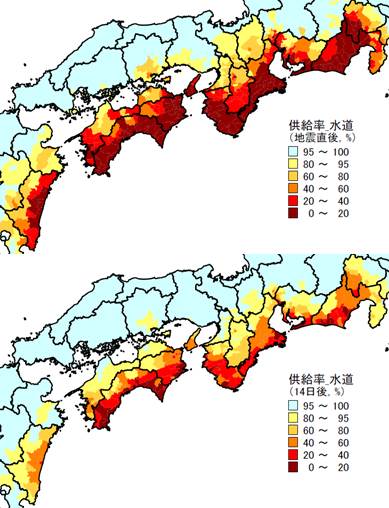EnglishPage
| NOJIMA Nobuoto |  |
| Title | Professor |
|---|---|
| Department | Department of Civil Engineering |
| Course | Disaster Reduction Studies Course |
Research fields
By conducting a variety of earthquake engineering studies, we provide methodology and useful information for seismic risk management and business continuity management, through which we aim at enahncing societal resilience.
1) Seismic hazard and risk assessment
Seismic risk assessment is performed by considering exhaustive dataset of seismic activity model in Japan.
2) Strong motion effects on human behaviour and structures
With emphasis on three kinds of properties, amplitude, frequency and duration, effects of strong motions on human behavior and structures are evaluated by numerical analysis of strong ground motion data.
3) Prediction of lifeline functional damage and restoration
Assessment models are developed for functional damage and restoration of supply network (electric power, city gas and water) and transportation system (road, highway and railways).
4) Realtime seismic disaster prevention system
Advanced technology is studied aiming at preventing/mitigating seismic disaster via emergency response and system control.
 |
 |
|
| Predicted duration of JMA seismic intensity 3 (instrumental intensity 2.5) or greater by anticipated Tachikawa Fault earthquake | Degradation and restoration of water supply ratio by anticipated Nankai Trough offshore huge earthquake (Upper:immediately after earthquake, Lower: two weeks later) |
Research Keywords
Earthquake Engineering, Seismic Hazard and Risk Assessment, Lifeline Disaster Prevention





















